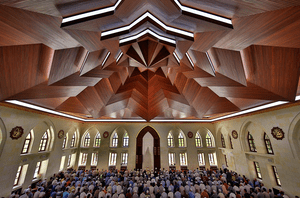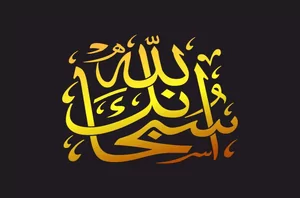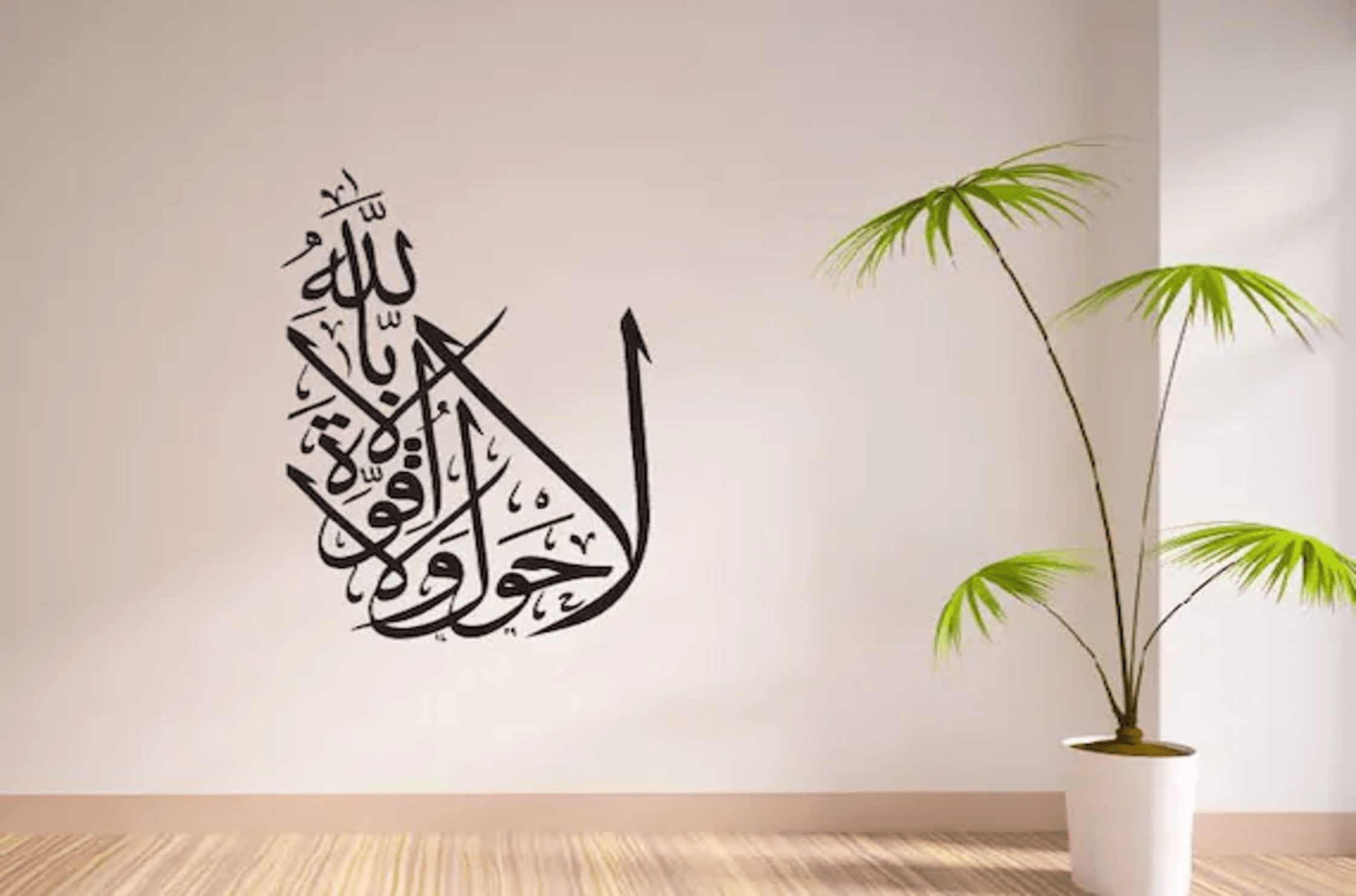Is it possible to go through the worst afflictions and yet still be content? Is it possible to have experienced severe trauma yet always smile at those around you? Is it possible to be in a harrowing situation, but still feel like the luckiest person alive?
Inner contentment, peace and happiness are not elusive myths. For most of us, however, they remain so because we do not seek answers and solace from the One who created us; the One who knows us better than we know ourselves.
Allah (subḥānahū wa ta‘ālā) says in the Holy Qur’ān: “Truly it is in the remembrance (dhikr) of Allah that hearts find peace.” (13:28)
This key, therefore, is dhikr (remembering Allah). When you constantly and consciously remember Him, your heart relaxes and becomes attached to the One who controls all affairs. With sincerity, persistence and time, you reach a stage where nothing compares to the sweetness of remembering, worshipping and spending time alone with Him.
The roots of this happiness are deep and immovable. As it glows in your heart, nobody can take it from you. Even if you are imprisoned in the darkest dungeons, or have lost your entire family to war, your heart will remain content. It is a contentment and happiness that lies in the inner depths of your soul, and doesn’t change with the ups and downs of circumstance and life.
Mālik b. Dīnār (raḥimahullāh) said: “Seekers of pleasure find no pleasure like the remembrance of Allah.”
Being attached to dhikr leads to a unique joy. Ibn al-Qayyim explains that if there was no reward for dhikr other than the joy and pleasure it brings to one’s heart, this would be enough.
“By Allah, the world is only sweet with His remembrance; the Next Life is only sweet with His forgiveness; and Paradise is only sweet with seeing His Noble Face.” (Dhū al-Nūn raḥimahullāh)
Dhikr Brings Life to the Heart
The Messenger of Allah ﷺ said: “The parable of the one who remembers his Lord and the one who does not is like the parable of the living and the dead.” (Bukhārī 6407)
In other words, even if you are breathing and alive, but live a life in which you don’t remember Allah, you are spiritually ‘dead’.
Just as rain brings life to the dead earth, dhikr brings life to dead hearts. Ibn Taymiyyah (raḥimahullāh) said: “Dhikr for the heart is like water for the fish. What happens to a fish when it is taken out of water?”
Dhikr softens the heart and makes it humble. A man complained to Ḥasan al-Basrī about the hardness of his heart. Hasan (raḥimahullāh) said to him: “Soften it with the remembrance of Allah.”
When the heart is soft and humbled, it will easily submit to Allah’s commands. And submission to Allah’s commands is the real secret to happiness and contentment.
Stress, Anxiety & Mental Health
Dhikr is a powerful tool to reduce stress and anxiety; and it positively impacts your mental health.
Dhikr will give you meaning and it will repurpose your life to make it about pleasing Allah. Instead of experiencing existential angst, you will become clear about your goals in life.
Much of our anxiety stems from our unhealthy attachment to this world. The more dhikr you do, the less you will worry about it. You will realise what really matters.
Constantly praising and thanking Allah through dhikr will also make you grateful. Even during difficulties, you will remain grateful and praise Allah. You will see manifestations of His mercy, even when things are taken away from you.
Dhikr is the fuel for contentment. For example, when you recite lā ḥawla wa lā quwwata illā billāh (‘there is no power or might except with Allah’), you affirm that you are not relying on yourself, but rather upon the Most Powerful Protector. Just this one dhikr cultivates relief and contentment in your heart, teaching it to trust and rely upon Allah.
The Power of Dhikr
Dhikr will increase your awe and fear of Allah. It will remove unhealthy fears and give you courage to live in the way which pleases Him. It will help you live a life of piety and satisfaction.
When Allah instructed Mūsā and Hārūn (ʿalayhimas-salām) to go and confront Pharaoh, he said: “Go, you and your brother, with My signs and do not slacken in My remembrance.” (20:42) They were told to arm themselves with dhikr for this momentous task ahead of them. Thus, dhikr lightens burdens, makes it easier to undergo difficulties, and gives you strength.
Dhikr does not just give you emotional strength, but also physical strength. When Fāṭimah (raḍiy Allāhu ʿanhā) complained of fatigue from housework and requested a servant from her father, the Prophet ﷺ instructed her to read specific adhkār before going to sleep.
Loneliness
Dhikr is the perfect antidote to loneliness. In a ḥadīth qudsī, Allah says: “I am with My servant when he remembers Me.” (Ibn Mājah)
With dhikr, you will feel reassured that Allah the Most Loving is always with you, no matter what you are going through. Even if you are ostracised by your community, society, and perhaps even your family (especially for choosing to submit to Allah), you will not feel alone. You will always be comforted by the Companionship of Allah.
When all the odds were stacked against Mūsā and the Children of Israel, the Children of Israel wavered. But not Mūsā. He cried out: “Absolutely not! My Lord is certainly with me – He will guide me.” (26:62)
Dhikr Purifies and Polishes the Heart
The Messenger of Allah ﷺ said: “For everything there is a polish, and the polish of the heart is the remembrance of Allah.” (Bayhaqī 1/ 319-320)
Ibn al-Qayyim (raḥimahullāh) explains that the heart rusts like copper and silver. And as it can rust, it can also be polished. Through dhikr, the heart can shine like a crystal mirror. Thus, when one neglects dhikr, the heart rusts, and when one remembers Allah, it shines. There are two things which cause a heart to rust: heedlessness (ghaflah) and sin. Conversely, the heart can be polished by two things: dhikr and seeking forgiveness.
Doing dhikr purifies us from our sins, and protects us from shayṭān. Both sins and shayṭān are the root causes of our worldly anxiety, unhappiness and stress. Thus, the more we remember Allah, the happier and the more content we will be.









